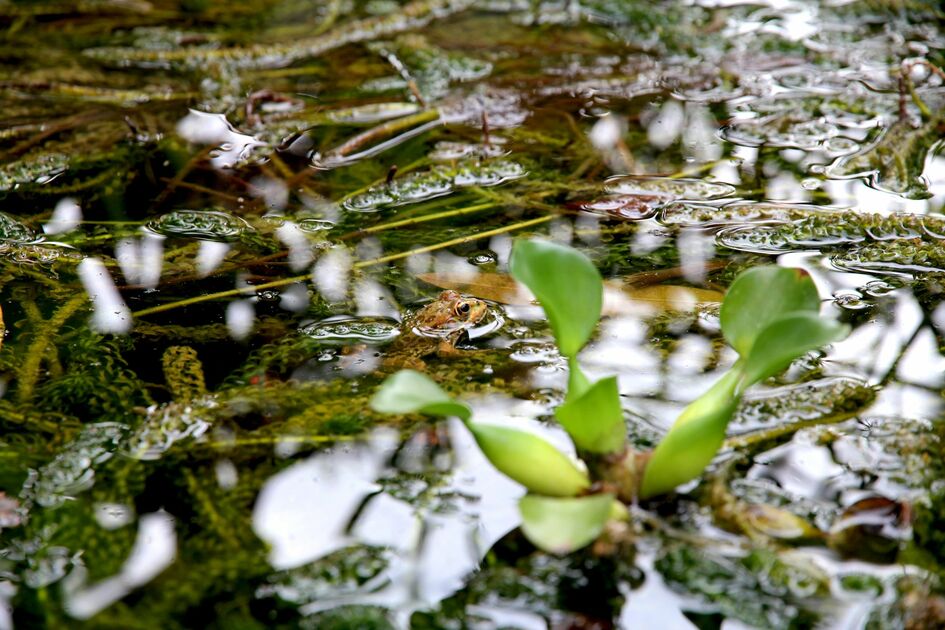Germs vs Terrain
By Ashlee Jane, NMD

Why do some people get sick, while others don’t? Why are some people always worried about their immunity and “catch every cold that comes around” where others haven’t been sick in years? Who are these ‘immunocompromised’ people that everyone is worried about?
TERRAIN
I’d like to start with a quote. “We do not catch diseases; we build them. We have to eat, drink, think, and feel them into existence. We work hard at developing our diseases. We must work just as hard at restoring health. The presence of germs does not constitute the presence of a disease.” This statement is the origin of the terrain theory attributed to Antoine Bechamp. You can think of the terrain theory similarly to ecology: the sum total of all of the parts contribute to the health of the whole. In a human being that will include red and white blood cells, elimination pathways, nutrient intake, storage, and processing, filtration systems, nervous activity, healthy protective boundaries, etc.
GERMS
In stark contrast is the germ theory, which is largely attributed to Louis Pasteur, whose discovery of microbes revolutionized medicine, the food industry, and conventional understanding of disease. While germs are an enticing scapegoat, let me tell you why terrain is more important.
In any science lab, you can try to grow a microbe - a bacteria, fungus, virus. This requires having a proper medium to grow it on, its preferred food source in most cases, and particular light, humidity, and heat requirements. Many experiments go wrong when the conditions aren’t properly controlled. Why? Because a solitary germ does not proliferate exponentially.
INSIDE HUMANS
Inside the human body, this ‘experiment’ is just as predictable. Do you circulate excess sugars? Are you flowing with cytokines - chemical messages for heat, inflammation, stress, etc? Are you constantly running out of nutrients? Do you have to ‘push-through’ to finish every day? Each of these symptoms contributes to an ideal environment for disease, but it won’t grow in a day. You need to be consistently providing an environment for germs to thrive!
Immune deficiency is a term we commonly associate with conditions like HIV, leukemia, and some autoimmune conditions. But in a viral crisis like the recent pandemic the most at-risk populations, those with the worst ‘immune deficiencies’ were sufferers of diabetes, cardiovascular disease, and asthma. These aren’t typically considered as immune diseases, however, when you understand how we build our terrain, you can begin to see how the environment dictates the disease.
Stagnant water attracts mosquitoes. Garbage attracts flies. Roadkill attracts vultures. Scavengers thrive on dead tissues, but in vibrant living environments they don’t thrive. Germs are attracted to disease, not the cause of disease.
If you are tired of living in fear of germs, have a deficient immune system, or want to work towards creating the most vibrant inner terrain possible to improve your resistance to diseases, start working with a knowledgeable physician who doesn’t just “fight disease”. You deserve someone who creates health!
--
Ashlee Jane is a naturopathic physician and owner of MediKha in downtown Boise. She specializes in creating healthy terrain with her patients.





